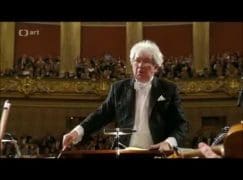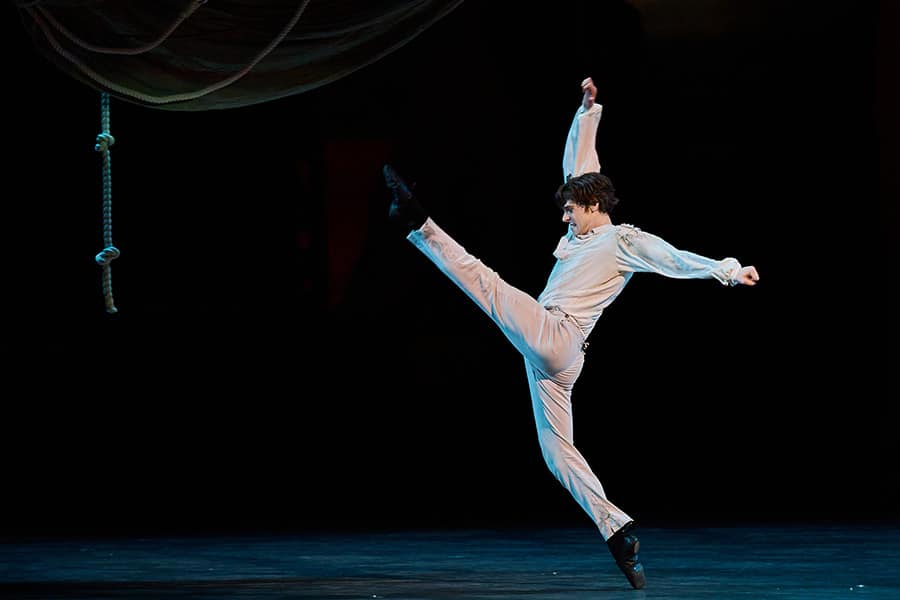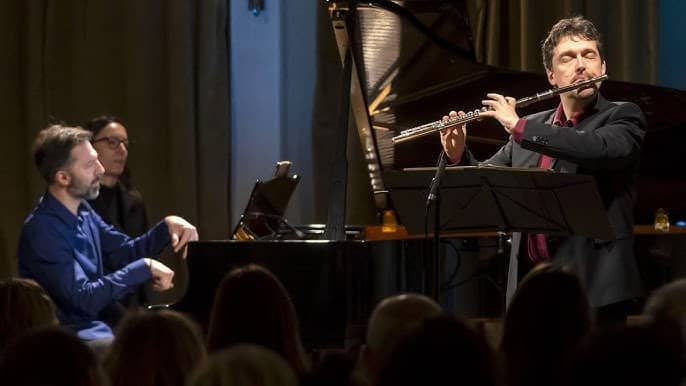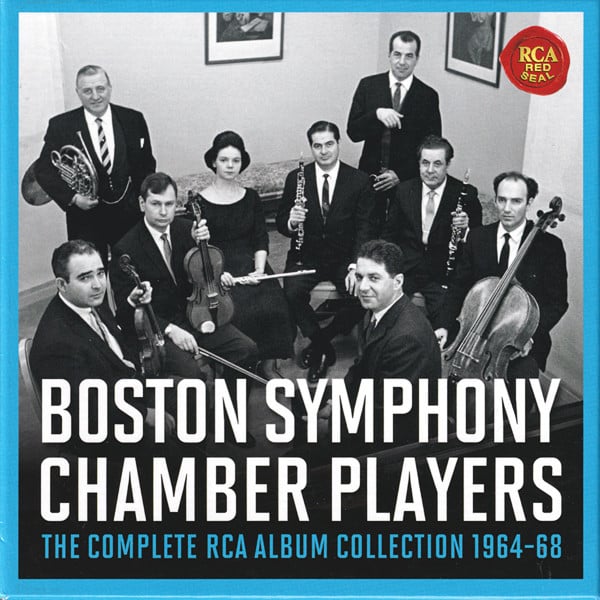BBC forgets its own chief conductor
mainBBC News has published an online 2017 death roll of arts and entertainments people.
Among the notable omissions is Jiri Belohlavek, chief conductor of the BBC Symphony Orchestra, 2006-12.
Just when you thought BBC News could get no dumber.






Yep, pretty stupid…
And, being a British publication, it is unforgivable to leave out John Wetton, Allan Holdsworth and Phil Miller.
Who are these people?
Busy taking their country back, maybe.
A simple google search will tell you. Hint: Allan Holdsworth was one of the greatest musicians in the second half of the 20th century and the greatest electric guitarist in the history of the universe.
If you are not into rock or jazz-rock this will mean little I guess. Personally, I owe these people a lot (I am a classical violinist, of course)
I was referring to the BBC administrators who left Jiri out, not the other musicians.
My apologies 🙂
These “entertainment” philistines would probably have no idea who Jiří was. I’d hope the BBCSO management tell them what’s what.
So a classical musician is more important than an entertainer, the first may “entertain” thousands in his lifetime, the second may give pleasure to millions in their lifetime. So, who is more worthy? And lets face it a conductor doesn’t really do a great deal, most orchestras these days could play perfectly well with out one. As regards the entertainers, I have no strong feelings one way or the other about them, but the sheer arrogance and snobbishness of the “classical fraternity” is beyond the pale at times. Wait now for that eminent composer JB (whose work is hardly performed……..which tells you something) to launch forth one of his diatribes!
Well, if you think “a conductor doesn’t really do a great deal, most orchestras these days could play perfectly well with out one”, then we’d better just leave it there.
Thank you for agreeing with me.
As Buxtehude already said, “don’tbe fooled”.
For Ellingtonia: The conductor is by far the most important member of the orchestra, unless during a concerto, when the soloist (depending on her stature, experience, confidence, inclination) takes on many of the conductor’s functions, such as choosing and varying the tempo, dynamics, phrasing… It’s the conductor who keeps an orchestra together, at the most basic end, discovers beauty in the score, at the highest, and somewhere in-between, energizes it.
Don’t be fooled just become the conductor doesn’t actually make a sound.
Oh my. You’re not an orchestral musician are you, Buxtehude? Just guessing!
You’re right. Have I blundered majorly?
“It’s the conductor that keeps an orchestra together”
It’s so much more complicated, I barely know where to start. Indeed, in some cases, the musicians are forced to look elsewhere, anywhere, such is the ineptitude of some conductors. Such concerts are little more than an exercise in damage limitation, and I have gritted my teeth many times as Maestro accepts the glory in front of his weary band.
A good orchestra plays together via an extraordinary and mysterious alchemy, in which only a tiny part is played by their conductor. I’m talking about ensemble here, rhythmic togetherness. Performances can ebb and flow as musicians react to each other. Tempos can slow or pick up with no obvious cause, a bit like the M25. Conductors don’t really influence this stuff. The really good ones can dominate and control, and really create magic……but don’t make the mistake of crediting them with the basic nuts and bolts. It just doesn’t work like that!
If I’d written, “keeps them together — or not” would I be closer to the truth? You certainly know much more about this than I do, but I was arguing for the importance of the position, for good or ill.
I’ve seen many a chamber orchestra performance that looked as if it could function on its own, with a designated beat-keeper, but once you’ve a really big group, playing romantic music in simultaneous multiple rhythms, don’t you need at least a dedicated traffic cop?
Mainly I notice conductors as brands that provide what I like or not. I grew into this idea, figuring it out for myself by comparison, not knowing anyone’s reputation. Claudio Abbado captured me, for example, I could see clearly and at least partly hear the intensity and love he generated, as well as loving his readings. J E Gardiner, there’s another one. I could go on.
So if someone writes that a conductor is of no importance, these are the kind of the things that come to my mind.
Tell us some of the ways you’d like see things improved.
Sorry for the delay in replying to this. Yes, I may have got a bit carried away – I apologise! Of course a ‘traffic cop’ is needed in the repertoire you mention, not least to start and stop together, but you’d be amazing how many fail even to accomplish that and are rescued by their players. For me the greatest conductors are not only highly skilled but entirely lacking in ego……for them it is all about the music, and bringing out the best in the musicians. The worst ones are incompetent and so full of their own importance that their shortcomings are only apparent to their beleaguered players. I think your example of Abbado is a good one – a true artist, with humility. A little humility goes a very long way!
Allan Holdsworth was the greatest electric guitarist that walked this planet!
🙂
Whilst I agree that Alan Holdsworth was a wonderful guitarist (and I saw him perform), I would still put Peter Green in front of him with Derek Trucks close behind. Follow the link and see Trucks as a 13 year old opening for the Allman Brothers band back in 1993, simply astonishing.
https://www.youtube.com/watch?v=MLQTbmUYI4A
For great guitarists I’ve got two words for you : Grant Green
If you want to that route may I suggest Wes Montgomery and in particular his iconic Riverside album “Boss Guitar” or Kenny Burrell and his stunning performance of the Cyril Scott composition Lotus Land………so many talents to choose from.
And what about Segovia and John Williams and Julian Bream